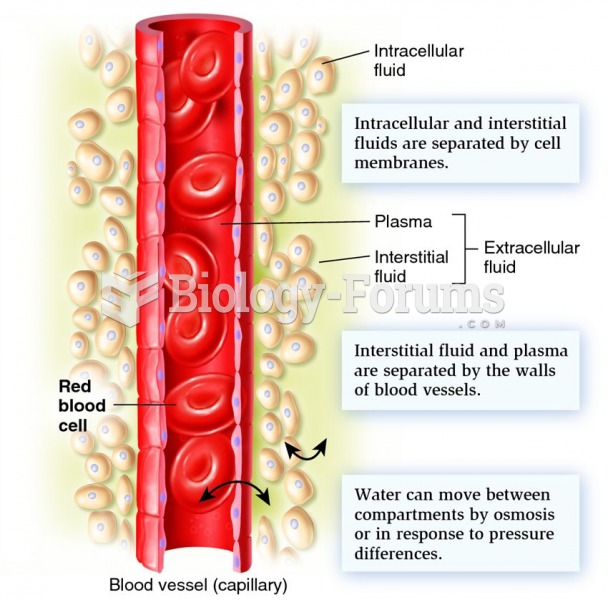This topic contains a solution. Click here to go to the answer
|
|
|
Did you know?
Limit intake of red meat and dairy products made with whole milk. Choose skim milk, low-fat or fat-free dairy products. Limit fried food. Use healthy oils when cooking.
Did you know?
It is difficult to obtain enough calcium without consuming milk or other dairy foods.
Did you know?
The human body produces and destroys 15 million blood cells every second.
Did you know?
Individuals are never “cured” of addictions. Instead, they learn how to manage their disease to lead healthy, balanced lives.
Did you know?
Drying your hands with a paper towel will reduce the bacterial count on your hands by 45–60%.
 Multiple sclerosis (MS). (a) A disease characterized by the gradual development of small areas of ha
Multiple sclerosis (MS). (a) A disease characterized by the gradual development of small areas of ha
 Pressure testing the cooling system. A typical hand-operated pressure tester applies pressure equal ...
Pressure testing the cooling system. A typical hand-operated pressure tester applies pressure equal ...
 A typical engine oil cooler. Engine coolant flows through the cooler adjuster that fits between the ...
A typical engine oil cooler. Engine coolant flows through the cooler adjuster that fits between the ...




